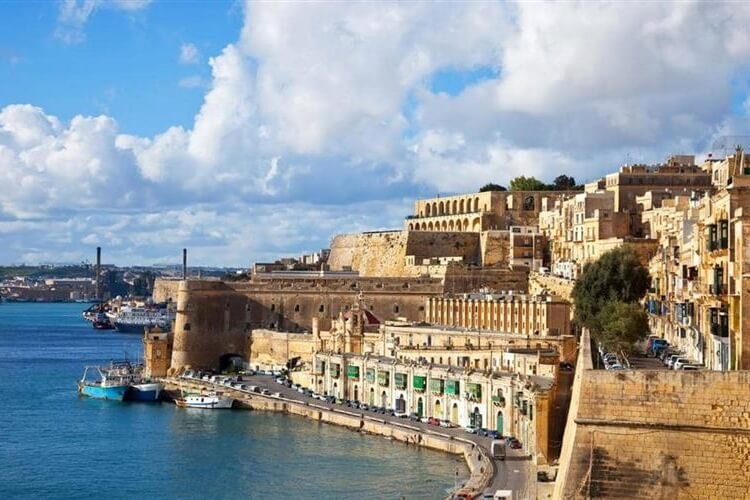21 Crypto Exchanges Apply for a License from the Financial Services of Malta

The Malta Financial Services Authority (MFSA) has received requests from 21 cryptocurrency exchanges looking for a license under the Virtual Financial Assets Act (VFA), according to Finance Magnates.
These exchanges are among 34 potential VFA service providers who sent letters of intent to the Maltese financial regulator for licenses. The MFSA explained that until October 31, service providers worked in accordance with the transitory provisions specified in section 62 of the VFA Act. To continue their operations in or from Malta, these firms are required to apply for authorization at MFSA.
According to the data received, the MFSA has already received 30 applications for registration of VFA agents, with 18 of them having been registered. A list of registered agents is available on the MFSA website. The VFA Act is part of Malta’s blockchain legislation passed in July 2018, along with Malta’s Digital Innovation Technology Act (MDIA) and Innovative Technological Arrangement and Services Act (ITAS).
“Whilst Malta has taken unprecedented steps in bringing blockchain and crypto technology into the regulatory fold, we understand that such innovations present challenges in the prevention of money laundering and terrorism financing. Hence, at the MFSA we will be striving to modernise our regulatory approach to be prepared and be a step ahead of industry developments.”
Just last week, the large Bittrex crypto exchange announced that it was leaving Malta and opening a new headquarters in Liechtenstein. According to experts, the sudden "relocation" occurred just when the Maltese government announced plans to tighten its money laundering policy for cryptocurrency businesses.